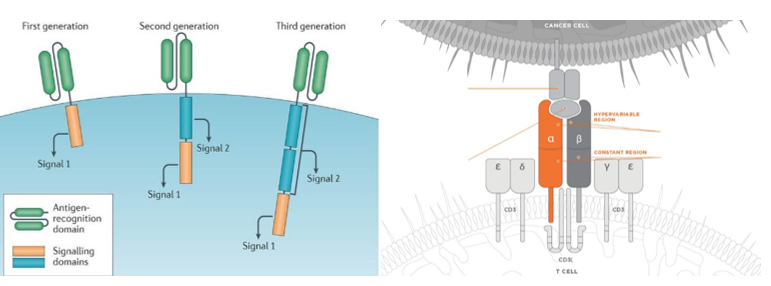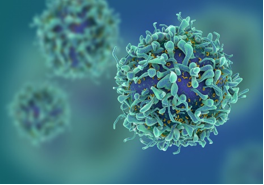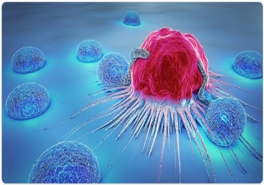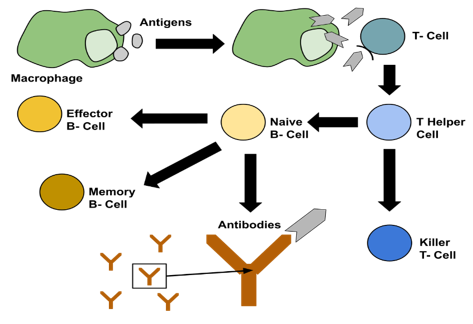The use of chimeric antigen receptor (CAR) T cells is gaining traction as one of the most promising advances in cancer immunotherapy, which is also the first approved cell-based immunotherapy by The US Food and Drug Administration. Meanwhile, researches on CAR-NK cells and TCR-engineered T cells became a promising breakthrough in recent years, because of their great potential in immunotherapy. In these great technologies, identification and selection of immune cells is the first and essential step in immune cell engineering technology.


T cells can be isolated from Peripheral Blood Mononuclear Cell (PBMC), whole blood, and spleen. Isolation methods mainly focus on positive or negative selection from primary tissue. Positive selection checks that T cells have successfully rearranged their TCRα locus and are capable of recognizing peptide-MHC complexes with appropriate affinity. Negative selection in the medulla then obliterates T cells that bind too strongly to self-antigens expressed on MHC molecules.

NK cells can be isolated from Peripheral Blood Mononuclear Cell (PBMC), whole blood. Separation method is negative selection from primary tissue. In negative isolation process, NK cells are not coated with antibody and, therefore, are not at risk of functional perturbation by antibody cross-linking. Additionally, negative selection provides a way to isolate diverse subpopulations of NK cells without selectively purifying a specific subpopulation.

BioCytoceuticals is an experienced and outstanding provider of immune cells isolation identification and selection. We are dedicated to providing detailed data and comprehensive service for your scientific research, and we are pleased to use our extensive experience and advanced platform to offer the best service to satisfy each demand from our customers.
If you have any special need in immune cells identification and selection, do not hesitate to contact us for this special service. Please let us know what you need and we will accommodate you. We are looking forward to working with you in the future.
Inquiry